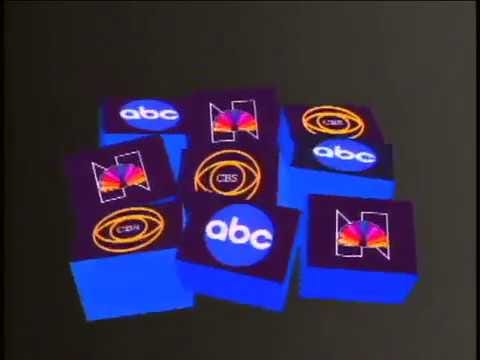1980: ‘Made for TV Election’ Explored Role of Media in Shaping Public Opinion
Hype, drama, not liberal bias, were more important values
“Pertinent, powerful, persuasive. Handsomely produced… Brilliant.” — Los Angeles Times.
“Profoundly enlightening. A devastation look at television’s impact on the presidency.” — Helen Thomas.
“This film should be seen by every American in every city and town.” — Norman Lear, TV Creator.
This William Brandon Shanley film is available on YouTube and at Amazon.com.
Hollywood star and activist Martin Sheen shows how broadcast TV networks create winners and losers in US presidential elections by typecasting the candidates in a drama of their own making in this long-suppressed and sabotaged documentary about the 1980 Presidential Election Campaign when Ronald Reagan defeated President Jimmy Carter. Watch how network news shows use polls, gaffes, flip-flops, stereotypes, and show business values to pump the ratings and misdirect you from what you need to know to be an informed citizen and understand what’s really happening in America. The program dissects network coverage and reveals TV’s “hidden hand” in changing the outcome of the most important election since 1968, exposing the myth of the Reagan Revolution and the made-for-TV “conservative tide” that so tragically changed America’s course.
My Analysis
With so much media coverage of presidential campaigns focusing on meaningless “polls, gaffes, stereotypes, and other show business values,” it’s a good time for students of media to watch “The Made-for-TV Election.”
Using the 1980 election as a case study, the producers of this documentary contend that television distorted reality and manipulated public opinion “to create winners and losers in a drama of their own making to pump the ratings–and distract you from what you need to be an informed citizen and understand what’s really happening in America.”
Watching this documentary, it’s very difficult to believe in a liberal media bias against Ronald Reagan or conservatives in the 1980s. It makes a strong case that the three major television networks enabled Reagan’s victory.
“By revealing TV’s role as catalyst, The Made-for-TV Election dispels the Made-for-TV myth that Ronald Reagan’s landslide victory represented a “rising conservative tide in America” mandating the “Reagan Revolution” and “a sharp right turn in 1980, both from its own previous half-century and, perhaps even more tellingly, from the economic, social and political norms of other developed countries…”
“This detour into business values, privatization, and commercialization of the commons “has come at a profound cost to Americans’ common good. We work far longer hours, pay more for worse medical care, live shorter and more brutish (less educated, less leisurely, less informed, less equal, more polluting) lives than our European counterparts. That there are no easy solutions should come as no surprise…” From a review of Dean Baker’s “The World Since 1980” by Leslie Thatcher, Truthout.”
The documentary even tarnishes the image of Walter Cronkite, the CBS News anchorman once viewed as “the most trusted man in America.”
While I can certainly agree that it was not a good thing that so much political and media power was concentrated in the hands of a few TV network news executives, the implicit if not explicit message of the documentary is this:
For the sake of TV drama and Hollywood values, TV manufactured the gas crisis of 1979 by implicitly urging people to top off their gas tanks – there was a shortage but not a crisis – and then blamed Carter for it.
TV created images of Carter’s impotence and incompetence because he so heavily emphasized the importance of energy conservation and yet his energy bill stalled in Congress. It did not take final action on the bill until much later in his term. CBS News correspondent Ed Bradley says in the documentary:
“Jimmy Carter had no show business talent. He came across as a dud on television. He did much better with a live audience, in a small room. One-on-one, he could convince you to sell your socks and shoes. Very impressive man. You put him on television and he comes across very uncomfortably.”
The TV media forced Ted Kennedy into the race by talking constantly about meaningless polls and how weak Carter was, which led Ted to believe winning the race would be “a piece of cake,” as he said. Then after Kennedy entered the race, for the sake of drama, TV news resurrected the 10-year-old story of Chappaquiddick, hyping it frequently, and
Keep reading with a 7-day free trial
Subscribe to Slender Threads / Global Citizens / Public History to keep reading this post and get 7 days of free access to the full post archives.




